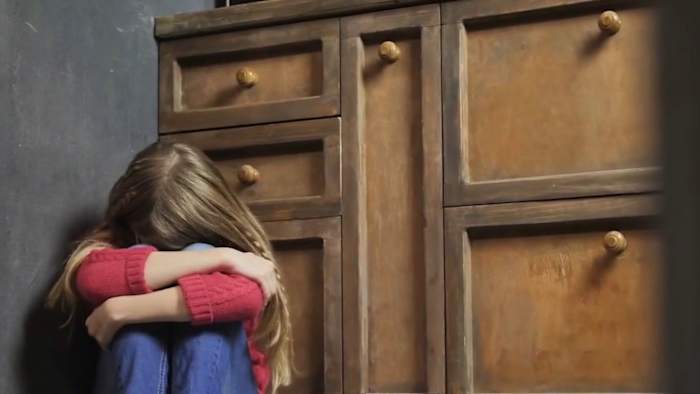Medicaid Cuts: Will Indian Children's Healthcare Suffer?

Medicaid Cuts Looming: A Threat to Child Health in India?
Recent discussions surrounding potential cuts to Medicaid programs, even in scaled-back versions, have sparked serious concerns among health advocates across India. The ripple effects of these changes could disproportionately impact the health and well-being of children and their families, particularly those from vulnerable backgrounds. This article delves into the potential consequences of these cuts and explores the challenges facing India's healthcare system.
Understanding Medicaid and its Role in Child Healthcare
Medicaid, in the Indian context, refers to government-funded or subsidized healthcare programs aimed at providing essential medical services to low-income families and children. These programs often cover a wide range of services, including preventative care, vaccinations, regular check-ups, treatment for illnesses, and specialized care for children with disabilities or chronic conditions. Access to these services is crucial for ensuring healthy development and preventing long-term health problems.
The Potential Downward Spiral: How Cuts Affect Children
When Medicaid funding is reduced, several negative consequences can occur. Firstly, healthcare providers, particularly those serving low-income communities, may be forced to reduce services or limit the number of patients they can accept. This could lead to longer wait times for appointments, reduced access to preventative care, and delays in diagnosis and treatment. Secondly, families may struggle to afford co-pays, deductibles, or other out-of-pocket expenses, further deterring them from seeking necessary care. Finally, cuts can impact the availability of specialized services and programs designed to address the unique needs of children with complex health conditions.
Voices of Concern: Health Advocates Weigh In
Health advocates are raising alarms about the potential damage these cuts could inflict. They argue that investing in children's health is not just a moral imperative but also an economic one. Healthy children are more likely to succeed in school, become productive members of society, and contribute to the nation's growth. Cutting Medicaid funding, they contend, is a short-sighted approach that will ultimately lead to higher healthcare costs and poorer health outcomes in the long run.
Looking Ahead: Mitigation Strategies and Policy Recommendations
While the prospect of Medicaid cuts is concerning, there are steps that can be taken to mitigate the potential negative impacts. Strengthening public health infrastructure, expanding access to affordable health insurance, and investing in community-based healthcare programs are all crucial. Policymakers must prioritize the health and well-being of children and ensure that vulnerable families have access to the care they need to thrive. Furthermore, exploring alternative funding models and increasing efficiency within the healthcare system can help preserve essential services without jeopardizing children's health.
Conclusion: Protecting India's Future Generation
The potential cuts to Medicaid programs pose a significant threat to the health and well-being of India's children. It is imperative that policymakers carefully consider the far-reaching consequences of these actions and prioritize investments in children's healthcare. By ensuring access to quality, affordable care, we can safeguard the health of future generations and build a stronger, healthier India.


)



